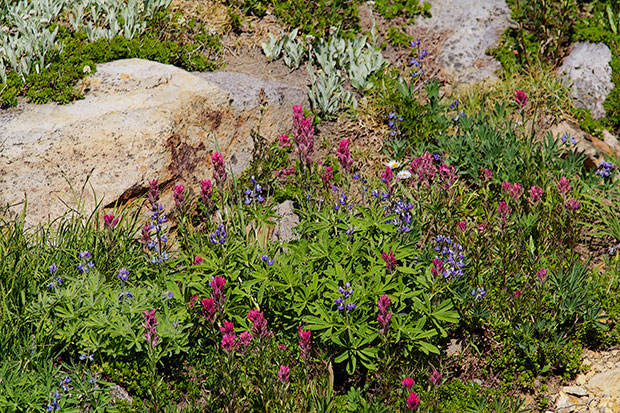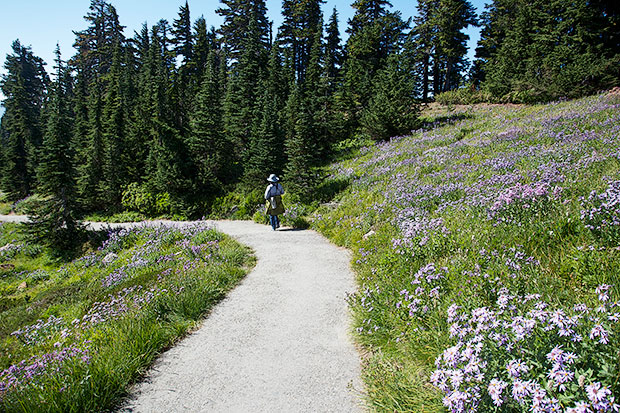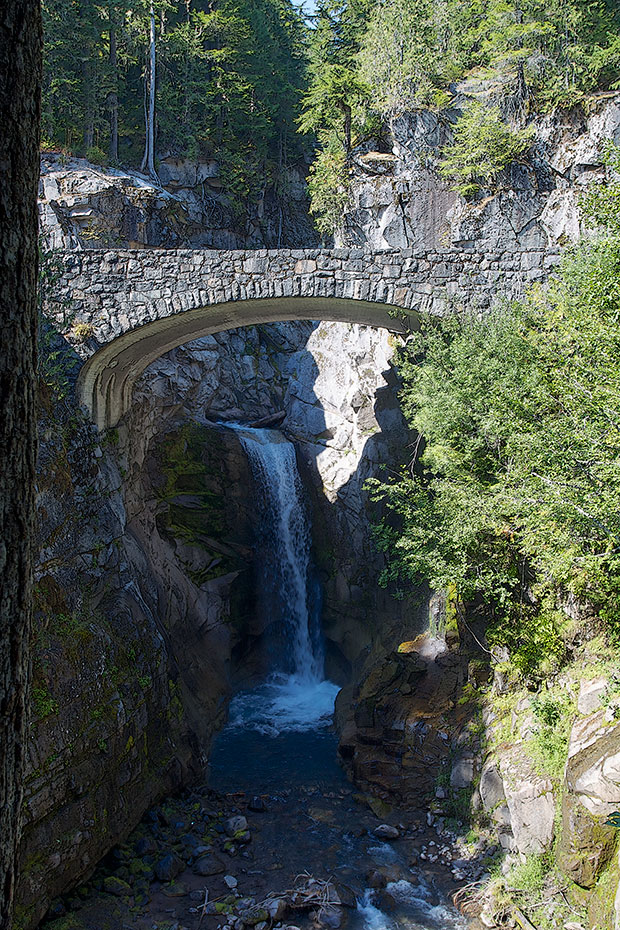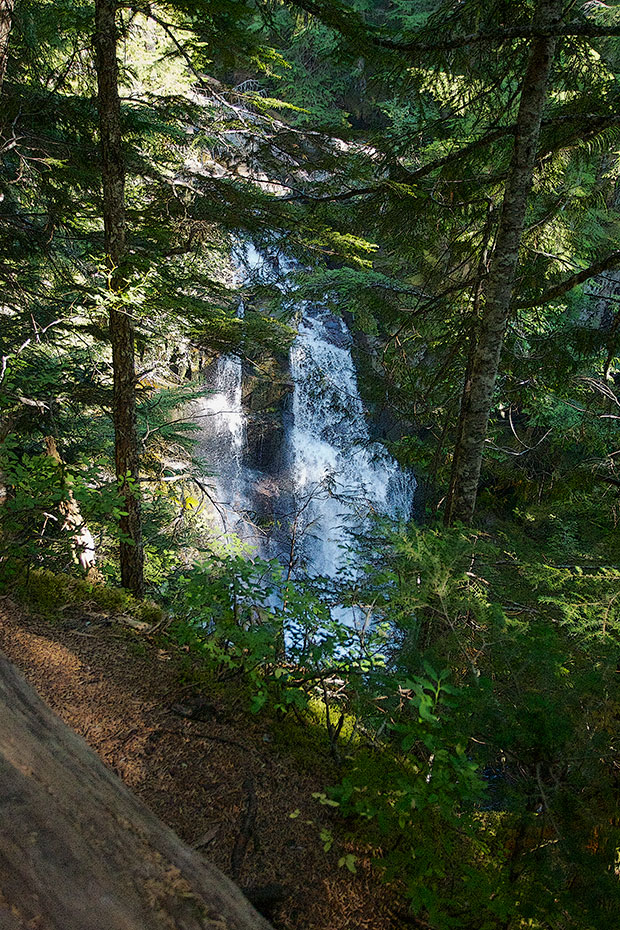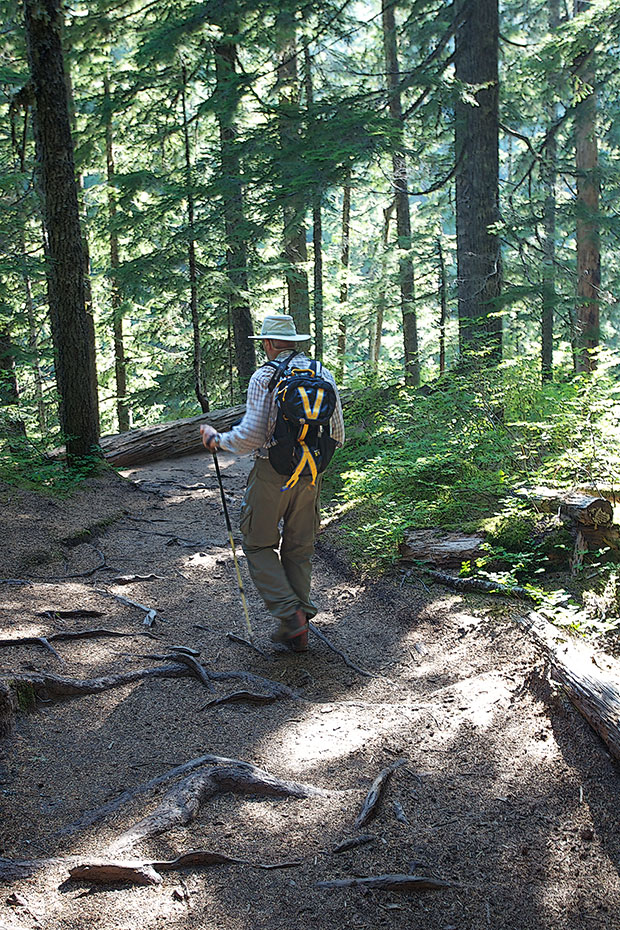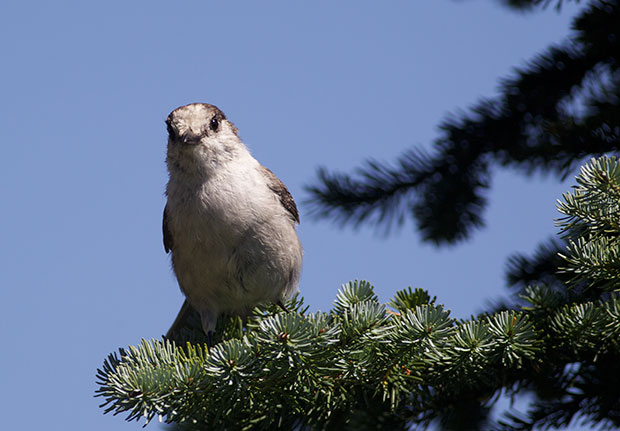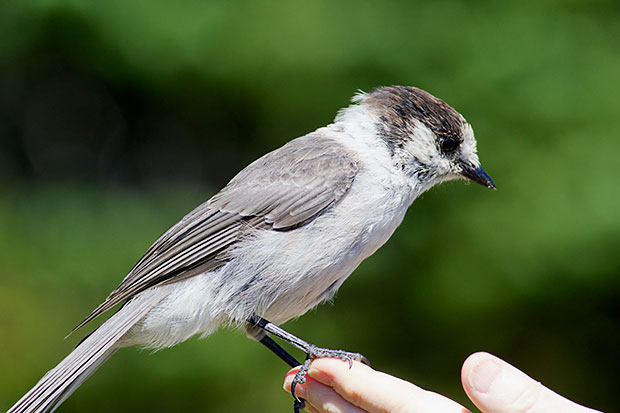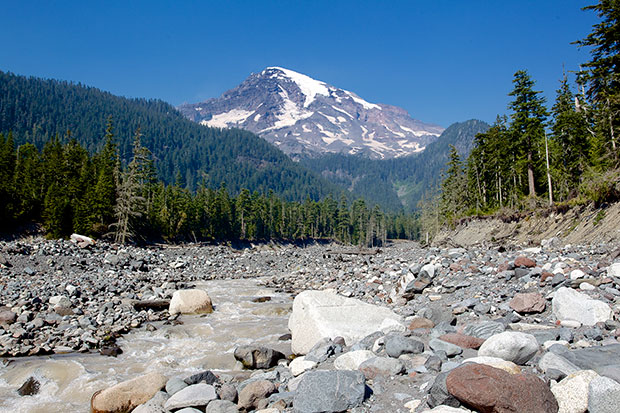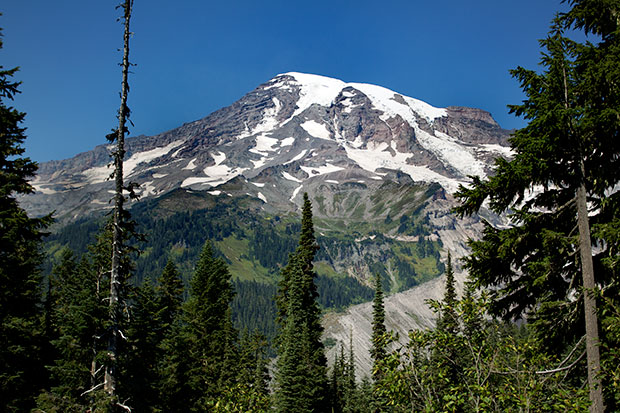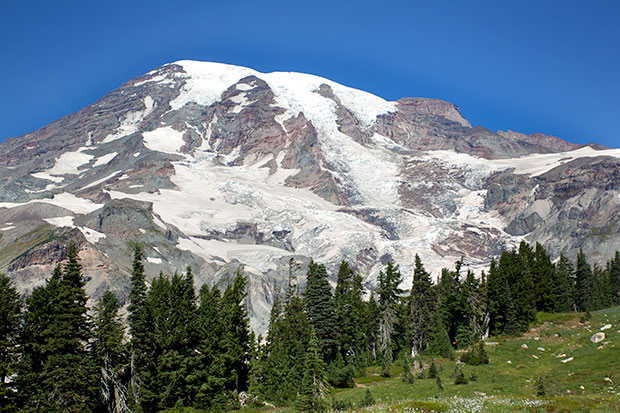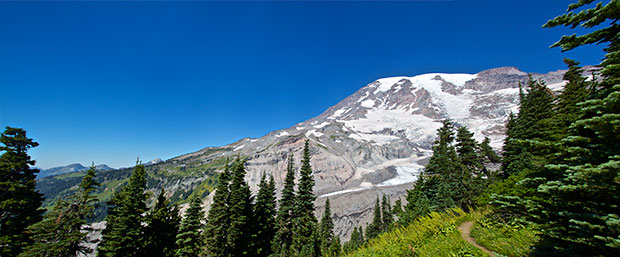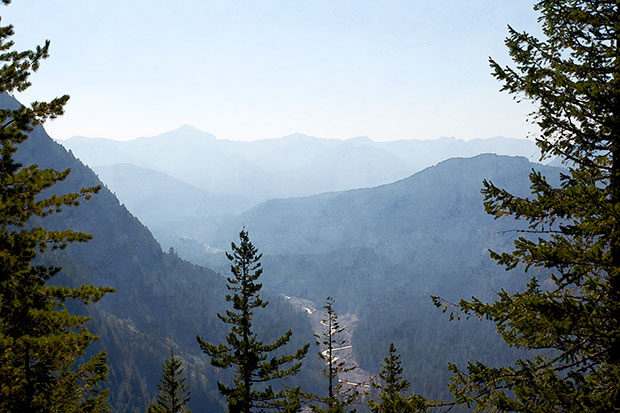Though I prefer Joyce’s short story “Evaline” to his story “An Encounter, ” I think “An Encounter” introduces a more dominant theme in his works, sexual dysfunction. It’s a strange story. If it wasn’t for his later works, it might even seem to be nothing more than one of those enigmatic moments that sticks in our brain for some unknown reason. It would certainly be easy to dismiss it if Joyce didn’t give the event more significance by contrasting it to “the restraining influence of the school.”
The narrator, a boy of unspecified age, is just beginning to be sexually attracted to women but has not yet had a girl friend. The “encounter” in the story is preceded by a discussion of events that take place at school.
The adventures related in the literature of the Wild West were remote from my nature but, at least, they opened doors of escape. I liked better some American detective stories which were traversed from time to time by unkempt fierce and beautiful girls. Though there was nothing wrong in these stories and though their intention was sometimes literary they were circulated secretly at school.
There’s so much going on in this “simple” paragraph that it’s hard to know what to see as significant. “Doors of escape” implies that school does more than impose self-discipline; it imprisons its students. I’m not sure what is meant by “unkempt fierce and beautiful girls,” but I’m fairly sure it’s not the Madonna-version of women promoted by Catholic schools. Then, of course, there’s the implication in the phrase “circulated secretly” of the appeal of the forbidden.
Instead of the reprimand convincing the narrator that the school’s view of women is the correct one, it seems to convince him of the need to escape their influence:
This rebuke during the sober hours of school paled much of the glory of the Wild West for me and the confused puffy face of Leo Dillon awakened one of my consciences. But when the restraining influence of the school was at a distance I began to hunger again for wild sensations, for the escape which those chronicles of disorder alone seemed to offer me. The mimic warfare of the evening became at last as wearisome to me as the routine of school in the morning because I wanted real adventures to happen to myself. But real adventures, I reflected, do not happen to people who remain at home: they must be sought abroad.
I’m pretty sure it wasn’t the intention of the Catholic teachers to create a “hunger again for wild sensations” and to convince the boy that “real adventures” must be “sought abroad.”
I don’t think it’s accidental that Joyce preceded his remembrance of this encounter with these incidents at school if he didn’t see a connection between them. Of course, skipping school leads directly to his encounter with the strange old man, but the old man’s story contains the same kind of schizophrenic split that the boy feels between his reading and its forbidden nature.
At first the old man appears benevolent enough, simply interested in the two boys who are playing hooky and in engaging them in conversation. He seems to favor the narrator, drawn by his bookish interests, referring to literary works I’m only vaguely familiar with. Then, however, he begins discussing “little girls” and how appealing they are.
Every boy, he said, has a little sweetheart.
His attitude on this point struck me as strangely liberal in a man of his age. In my heart I thought that what he said about boys and sweethearts was reasonable. But I disliked the words in his mouth and I wondered why he shivered once or twice as if he feared something or felt a sudden chill. As he proceeded I noticed that his accent was good. He began to speak to us about girls, saying what nice soft hair they had and how soft their hands were and how all girls were not so good as they seemed to be if one only knew. There was nothing he liked, he said, so much as looking at a nice young girl, at her nice white hands and her beautiful soft hair. He gave me the impression that he was repeating something which he had learned by heart or that, magnetised by some words of his own speech, his mind was slowly circling round and round in the same orbit. At times he spoke as if he were simply alluding to some fact that everybody knew, and at times he lowered his voice and spoke mysteriously as if he were telling us something secret which he did not wish others to overhear. He repeated his phrases over and over again, varying them and surrounding them with his monotonous voice. I continued to gaze towards the foot of the slope, listening to him.
Though it seems a little strange that an old man would suddenly begin talking about little girls with young boys, there’s nothing particularly disturbing about the man’s views at first. It’s not the kind of talk the boys would have heard from their teachers, certainly, but it seems like common sense. Little boys at a certain age normally find little girls soft skin and beautiful hair attractive. Old men, however, should not find them magnetizing, and certainly not obsessively so.
The encounter takes a turn for the worse:
After a long while his monologue paused. He stood up slowly, saying that he had to leave us for a minute or so, a few minutes, and, without changing the direction of my gaze, I saw him walking slow | away from us towards the near end of the field. We remained silent when he had gone.
After a silence of a few minutes I heard Mahony exclaim:
—I say! Look what he’s doing!
As I neither answered nor raised my eyes Mahony exclaimed again:
I say … He’s a queer old josser!
The reader can never be sure “what he’s doing,” but it doesn’t take too much imagination to guess, especially when the conversation takes a much darker turn right after the old josser returns.
He began to speak on the subject of chastising boys. His mind, as if magnetised again by his speech, seemed to circle slowly round and round its new centre. He said that when boys were that kind they ought to be whipped and well whipped. When a boy was rough and unruly there was nothing would do him any good but a good sound whipping. A slap on the hand or a box on the ear was no good: what he wanted was to get a nice warm whipping. I was surprised at this sentiment and involuntarily glanced up at his face. As I did so I met the gaze of a pair of bottle-green eyes peering at me from under a twitching forehead. I turned my eyes away again. The man continued his monologue. He seemed to have forgotten his recent liberalism. He said that if ever he found a boy talking to girls or having a girl for a sweetheart he would whip him and whip him; and that would teach him not to be talking to girls. And if a boy had a girl for a sweetheart and told lies about it then he would give him such a whipping as no boy ever got in this world. He said that there was nothing in this world he would like so well as that. He described to me how he would whip such a boy as if he were unfolding some elaborate mystery. He would love that, he said, better than anything in this world; and his voice, as he led me monotonously through the mystery, grew almost affectionate and seemed to plead with me that I should understand him. I waited till his monologue paused again. Then I stood up abruptly. Lest I should betray my agitation I delayed a few moments pretending to fix my shoe properly and then, saying that I was obliged to go, I bade him good-day. I went up the slope calmly but my heart was beating quickly with fear that he would seize me by the ankles. When I reached the top of the slope I turned round and, without looking at him, called loudly across the field: —Murphy!
One can only conjecture that the old josser had been punished precisely this way for having had a secret girlfriend or lying to an adult about his feelings for a girl. It sounds remarkably like the kind of canings that used to happen in Catholic schools, though it’s also entirely possible it was the kind of punishment he received from a parent.
How that kind of punishment has become something the old josser “loved … better than anything in this world” is beyond my understanding, though I’m sure Freud must have offered some theories on it.
Seems to me the narrator had a “real adventure” and didn’t have to seek it abroad.

